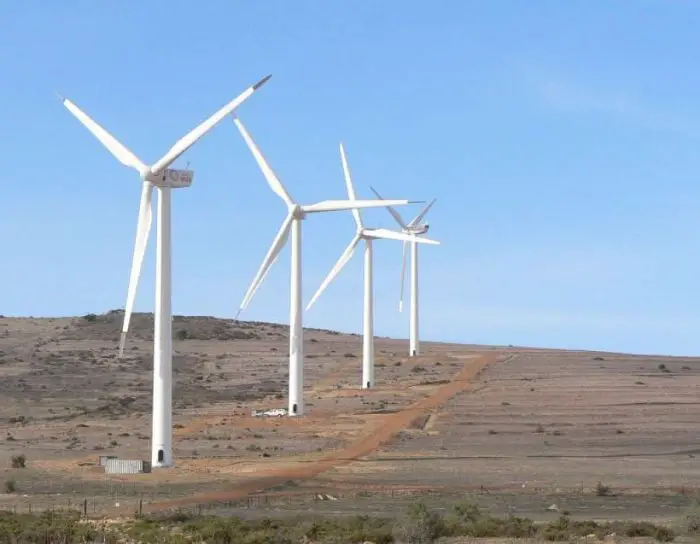South Africa’s energy minister, Mmamoloko Kubayi, delivered the short-to-medium future for the country’s clean energy sector where gas has a prominent role to play.
Kubayi explained that in the short term the country’s gas programme will be premised on: the importation of liquefied natural gas (LNG) from the international market, through Richards Bay in Kwazulu-Natal, the development of pipeline infrastructure from Mozambique, given alignment of this approach with regional development objectives and the possibility of it being a more attractive option than LNG.
And in the long term, that is between 10-15 years, shale gas sourced from the Karoo.
“In order to kick-start the gas programme, power generation has been identified as the single biggest demand sector that would also meet the energy diversification objectives of the Integrated Resource Plan,” she said.
Read:Endless opportunities for the South African renewable energy market
The process of revising the Gas Act of 2004 has started, to the stage that this year a draft Gas Amendment Bill will be tabled in Cabinet, the minister said. The amendments largely relate to a licensing framework for regasification infrastructure and mandating the Minister of Energy to make determinations regarding the required infrastructure, she added.
“In line with our regional integration strategy, we will settle with Mozambique regarding an energy collaboration agreement for the building of a pipeline from the Rovuma Basin into South Africa, among other things,” Kubayi explained.
“This will not only enable us to have access to natural gas from a neighbor, but it will also improve the possibility of a relatively attractive gas pricing formula relative to sourcing gas from the international market,” she added.
According to the Minister, numerous municipalities are already approving the installation of rooftop photovoltaic systems that generate power into their local distribution systems.
In order to provide for systematic development, we will promulgate the embedded generation licensing framework this year.
Whilst this will address the proliferation of rooftop solar technology installations, the regulations will also cover other distributed generation technologies with a proposed cap of 10MW per site.

